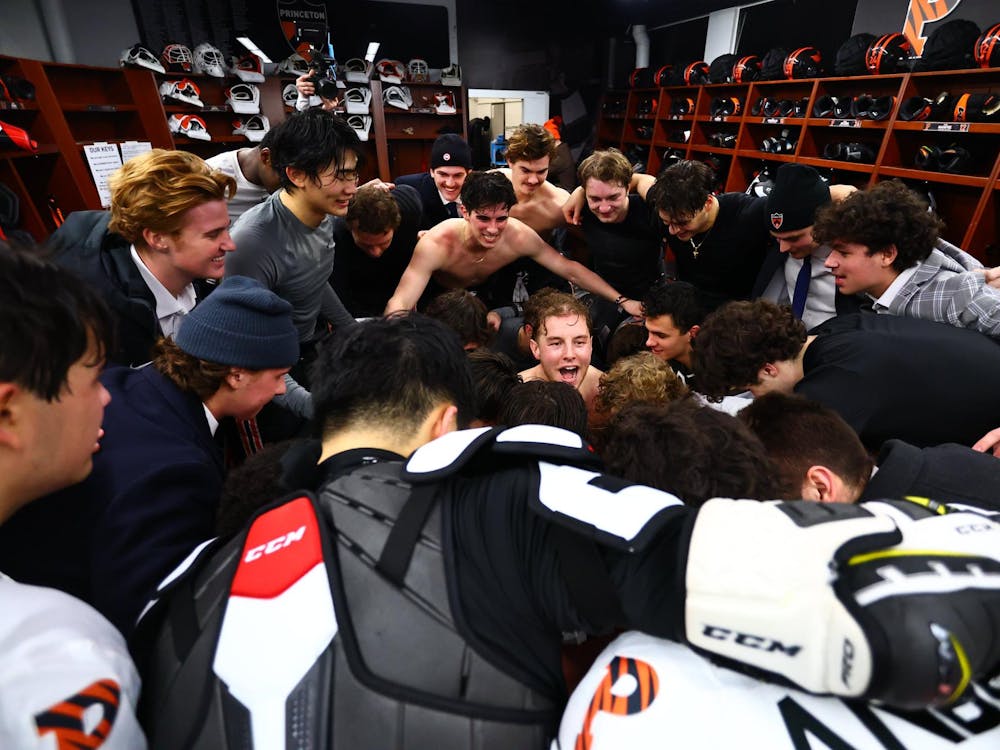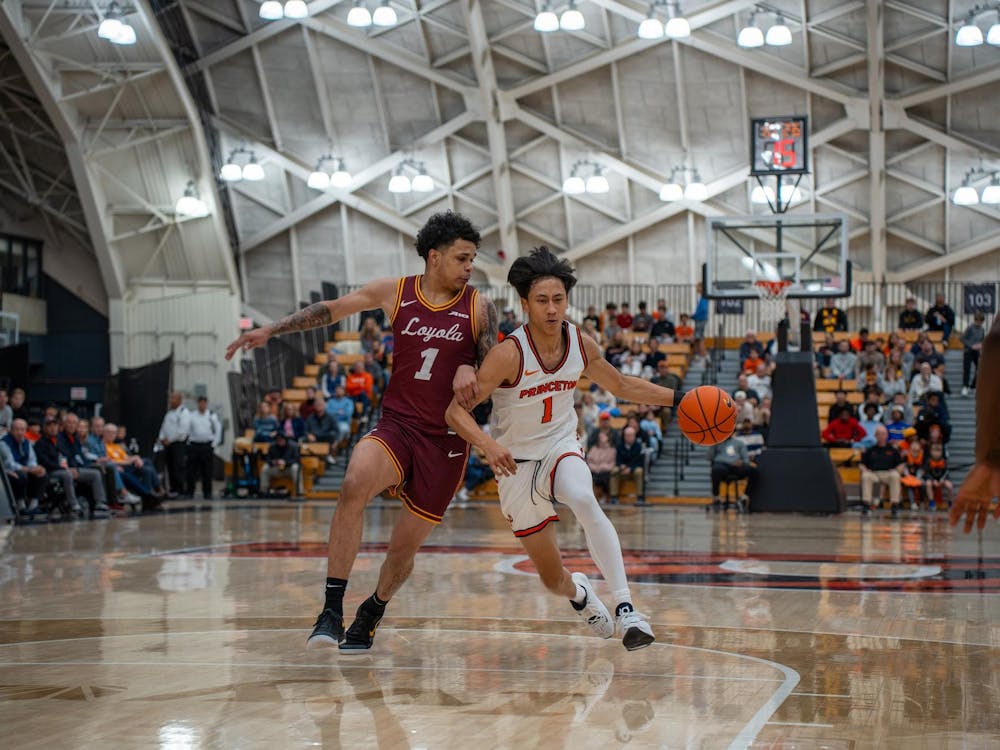You would think, that after all these years of being trashed by college coaches, players and fans alike, the NCAA would finally try to end its continuing series of PR nightmares.
You would think, that after alienating everybody in sight with its arcane eligibility restrictions and suspension policies, the NCAA would at least have the common sense to leave well enough alone regarding its trademark event.
The NCAA men's basketball tournament. The powers that be wouldn't mess with that, would they?
Think again.
What I speak of today is a proposed plan that — as described by ESPN.com's Andy Katz — would take effect starting with the 2001 NCAA tournament.
As of last season, 30 conference champions received automatic bids to the Big Dance, while 34 at-large teams were invited by the selection committee. Next year, however, the newly formed Mountain West Conference will be eligible for an automatic bid, bringing the total to 31.
So, what's the problem, you ask? I mean, solving this should be easy. Just lower the number of at-large teams to 33 and move on with life. Even the NCAA should be able to figure that one out, right?
Think again.
Apparently, preserving that 34th at-large bid has become priority No. 1 to America's favorite unreasonable governing body. According to Katz, the current plan being considered for the 2001 NCAA tournament would involve picking 34 at-large teams and 31 conference champions on Selection Sunday, then having the teams ranked No. 64 and No. 65 compete in a play-in game before the NCAA tournament starts.
The winner of the play-in would get to play in the Big Dance. The loser? Well, it gets cast aside as if it didn't even exist.
It's unclear what actual method would be used to determine which teams would be subjected to play-in misery, but I'd bet the farm on one thing: The two teams in the play-in game would be league champions from small conferences. They would be the Coastal Carolinas of the world — the teams you see seeded No. 16 every year, but pay attention to anyway because, hey, you never know when a miracle upset might happen.
The Ivy League — due to its lack of a postseason conference tournament — would probably be exempt from the play-in policy. But just because the plan wouldn't affect Princeton doesn't make it right.

There are plenty of other small-conference champions — teams like Lafayette, Coppin State and Siena — that could be forced to endure a play-in game despite having earned a place in the sun.
Apparently, it isn't enough that small conferences don't have a snowball's chance at sending anyone to the NCAA tournament other than their league champions. It isn't enough that these champions get screwed over every year in tournament seedings thanks to the ridiculous RPI formula, which appears to have been created solely to ensure that Kentucky receives at least a No. 3 seed every year the Wildcats manage to stay off probation.
No, none of that is enough. Now the NCAA might just quietly phase out one conference champion all together. Days before the first tournament game is played, two no-name schools would face-off in relative anonymity in a game that may or may not be televised. The loser would have done everything the NCAA used to ask of it — winning its conference — and still wouldn't even be given the glory of losing to Michigan State by 40 on national television.
And don't underestimate the importance of this "glory." Yes, many teams start out the season knowing that they have no chance whatsoever of winning the national championship. But they still play out their seasons thinking that if they can outlast the rest of their respective conferences, they will get their chance to play in March on CBS, with an entire stadium rooting for the underdog.
The 1997 Fairfield Stags can tell their children about how they were on the court when Dean Smith tied Adolph Rupp's record for career victories — and how they even put a bit of a scare into North Carolina that day, leading the game at halftime.
Games like that are what people live for come tournament time. Who can forget Valparaiso in 1998? Or even Weber State, just one season ago?
They were a lot more memorable than 90 percent of the at-large teams in those tournaments, that's for sure.
Now, however, one of those potential Cinderellas might not get the chance to captivate a nation. Yes, every team would still have an opportunity to play its way into the Big Dance. But one conference champion would be guaranteed to stay home once the round of 64 begins. All to protect mediocre major-conference teams like Wisconsin and Villanova, who will have been on television all year long already.
The NCAA may try to justify its new plan by hyping the play-in game as an added part of the Big Dance that fans and schools can still get excited about. Don't buy that for a second. Nobody gets excited to watch Jackson State against Winthrop. People get excited to watch Jackson State against Stanford — to see if David can slay Goliath.
The final at-large teams in every NCAA tournament are usually given seeds around No. 12 and No. 13. No team seeded that lowly has ever been to the Final Four.
So, who has a better chance at winning the national championship, the final at-large team in the field or the worst conference champion? Answer: Neither. They both have no chance.
Then why not lower the number of at-large bids to 33 and give all conference champions an automatic pass to the round of 64? Why not give the small conferences a fair shake, for a change? I guess that would make too much sense.
The new plan is far from finalized, and there's still plenty of time for common sense to win out. But, for some reason, I'm not too confident.
This is, after all, the NCAA we're talking about.








